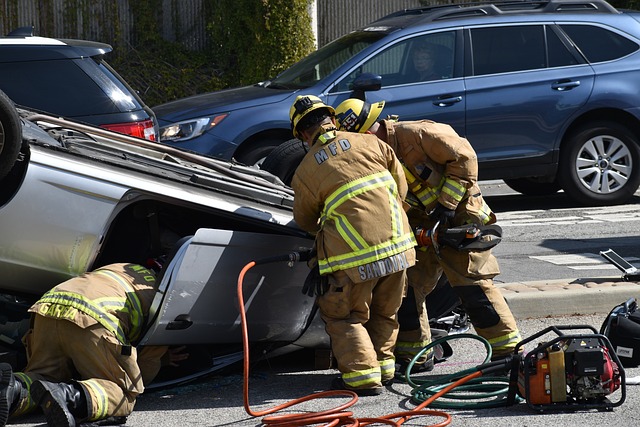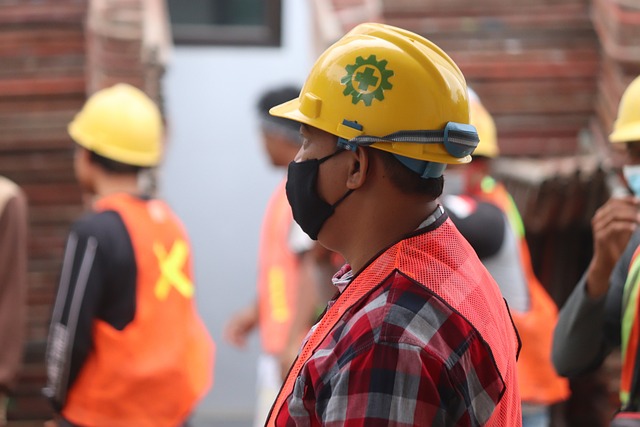In the transportation industry, passenger safety background checks are paramount. Verifying educational qualifications and conducting thorough background screenings ensure operators and managers meet necessary standards, uncover potential risks, and build commuter trust. Regular verification, especially in sectors with frequent public interaction, is crucial for maintaining safety protocols, mitigating threats from unqualified individuals, and promoting the well-being of passengers through a commitment to rigorous training updates and industry-recognized programs focused on safety management and crisis response. Advanced digital platforms powered by AI enhance the integrity and reliability of transportation professionals.
In the dynamic landscape of transportation, ensuring passenger safety is paramount. Verifying the educational qualifications of transport professionals is a critical component in achieving this goal. This article delves into the necessity of thorough background checks and explores key educational credentials essential for assessing safe and competent drivers. We discuss best practices for implementing effective verification processes, highlighting the role of rigorous screening to safeguard travelers and maintain industry integrity. Passenger safety through background checks is not just a responsibility but a commitment to fostering trust in the transportation sector.
- Understanding the Need for Transportation Professional Qualification Verification
- The Role of Background Checks in Ensuring Passenger Safety
- Key Educational Qualifications to Assess for Transport Professionals
- Implementing Effective Verification Processes and Best Practices
Understanding the Need for Transportation Professional Qualification Verification
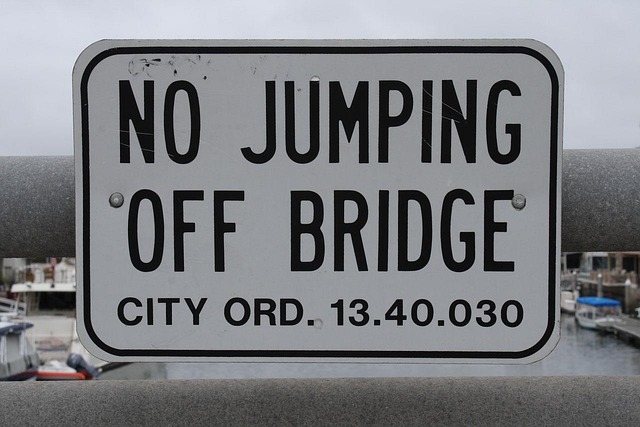
In the dynamic and highly regulated transportation industry, ensuring passenger safety is paramount. This necessitates a critical focus on verifying the educational qualifications of professionals who operate vehicles and manage logistics. Qualification verification plays a pivotal role in upholding safety standards by confirming that these individuals possess the requisite knowledge and skills to perform their duties competently. It’s not just about academic credentials; it involves comprehensive checks into their background, including any history that might impact their ability to ensure passenger safety.
This process is especially crucial for public transportation systems and private hire operators where direct interaction with passengers occurs regularly. By implementing rigorous verification procedures, transportation authorities can mitigate risks associated with unqualified or potentially unsafe professionals. Moreover, it fosters trust among commuters by demonstrating a commitment to maintaining the highest safety protocols. Effective qualification verification, coupled with regular updates and ongoing training, contributes to a robust system that prioritizes passenger well-being above all else.
The Role of Background Checks in Ensuring Passenger Safety
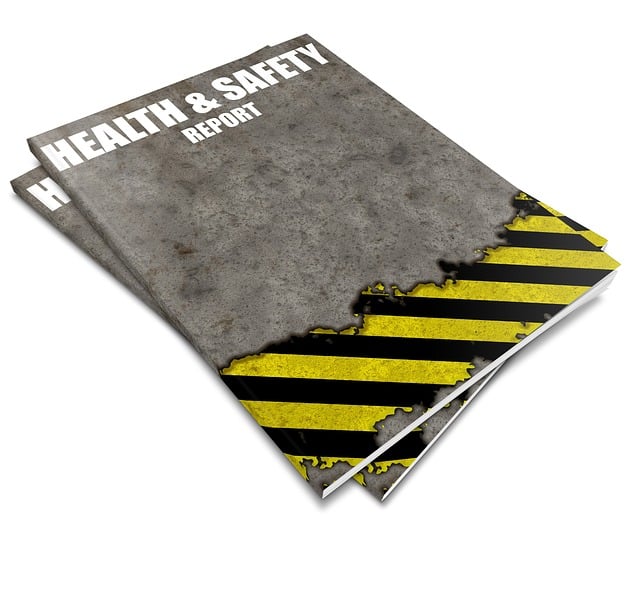
Background checks play a pivotal role in ensuring passenger safety across various modes of transportation. By delving into the educational qualifications and credentials of transport professionals, background checks help verify their expertise and proficiency. This process is paramount in mitigating potential risks associated with inadequate training or falsified certifications. A robust background check system acts as a filter, screening out individuals who might pose threats to passenger safety due to lack of knowledge or ethical concerns.
In the dynamic landscape of transportation, where folks from diverse backgrounds interact closely, these checks ensure that professionals are qualified and reliable. They verify not just academic credentials but also any past violations, ensuring that only those with a proven track record of safety and integrity are entrusted with responsible roles. Consequently, passengers can have peace of mind, knowing their safety is in capable hands.
Key Educational Qualifications to Assess for Transport Professionals

In the transportation industry, ensuring passenger safety is paramount, which makes verifying the educational qualifications of professionals a critical step in maintaining high standards. When assessing transport professionals, several key educational credentials are essential to evaluate. Firstly, a high school diploma or equivalent is typically the minimum requirement, laying the foundational knowledge for further specialized training. This sets the baseline for understanding essential concepts related to safety protocols and vehicle operations.
Beyond this, specific certifications such as Commercial Driver’s Licenses (CDLs) are crucial, especially for drivers operating heavy vehicles. CDLs require rigorous training in areas like vehicle inspection, emergency braking, and cargo securement, all of which directly impact passenger safety during transit. Additionally, industry-recognized training programs focused on safety management, risk assessment, or emergency response can significantly enhance a professional’s capabilities to handle potential crises and ensure the well-being of passengers. These qualifications collectively contribute to a robust framework for evaluating and maintaining competent transportation services.
Implementing Effective Verification Processes and Best Practices
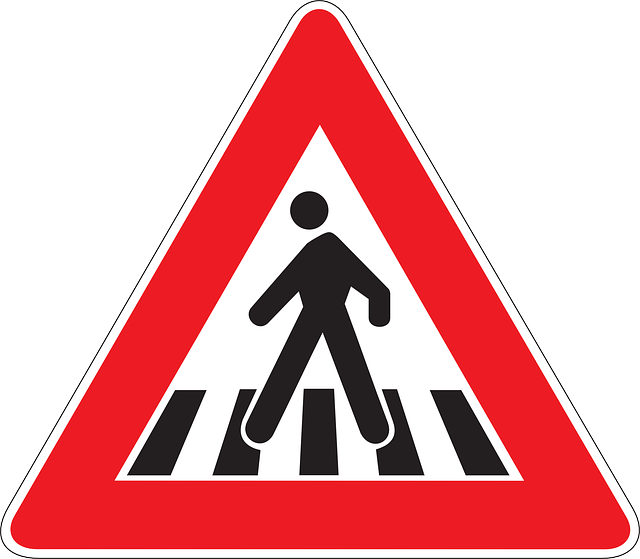
Implementing effective verification processes is paramount in ensuring the integrity and reliability of transportation professionals. This involves rigorous background checks that extend beyond mere paperwork verification. Advanced digital platforms equipped with AI-driven algorithms can cross-reference official documents, identify discrepancies, and uncover potential red flags, enhancing accuracy. Moreover, these tools facilitate seamless data sharing between regulatory bodies, educational institutions, and employers, fostering a culture of transparency and accountability.
Best practices dictate that verification should encompass the entire educational journey, from initial enrollment to ongoing professional development. Regular updates on qualifications, certifications, and training records are essential. Additionally, random audits and spot checks can deter fraudulent practices. Integrating passenger safety as a core consideration in these processes ensures that only those committed to upholding the highest standards of security and integrity are entrusted with critical transportation roles.


